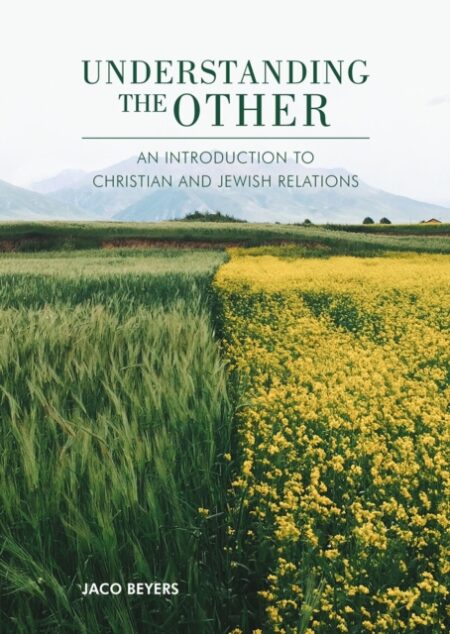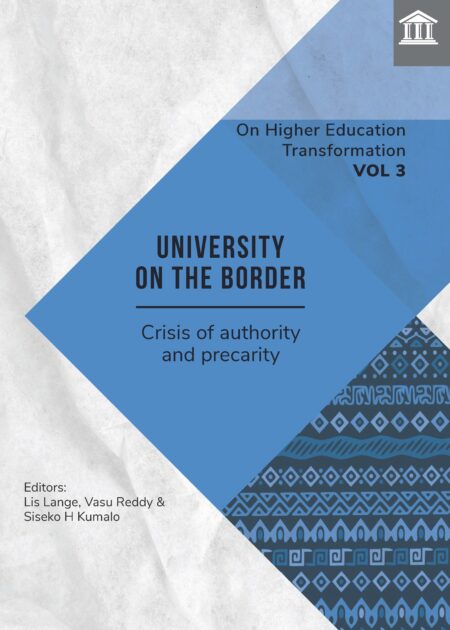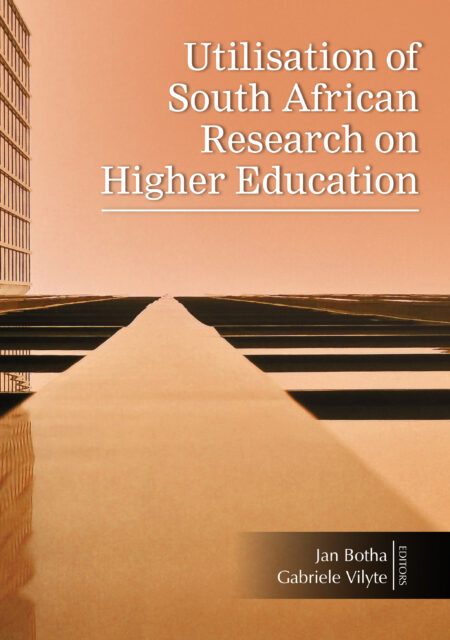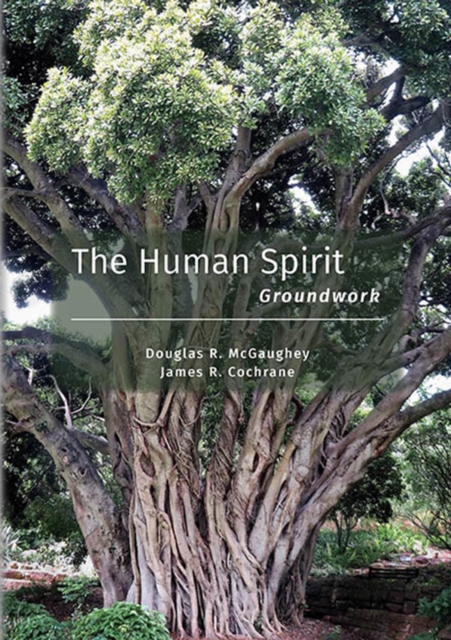-

Unaware
0R360,00Jack’s life is broken, his marriage estranged. After his failed suicide attempt and rescue by a compassionate stranger, he is forced to face up to the man he has become – a far cry from the man he wants to be. As he grapples with his own big questions, his son’s life hangs in the balance. His wife Brenda, angry and grieving, struggles to open her heart to the man who has betrayed her more times than she can count. As Jack and Brenda’s story unfolds, five trainee guardian angels discover the tough realities of life on earth and prepare to embark on their own journey – to open people’s eyes to God’s presence and love, and his passion to rescue, redeem, and restore. This is the story of how heaven and earth overlap. Of how God waits, patiently and earnestly, in many guises, for his sons and daughters to lift the veil of unawareness and receive his grace. Of how, out of the depths of despair, God can bring healing and hope to a couple who thought all was lost.
eBook: View eBook Version
-

Unaware
0R280,00Jack's life is broken, his marriage estranged. After his failed suicide attempt and rescue by a compassionate stranger, he is forced to face up to the man he has become – a far cry from the man he wants to be. As he grapples with his own big questions, his son's life hangs in the balance. His wife Brenda, angry and grieving, struggles to open her heart to the man who has betrayed her more times than she can count. As Jack and Brenda's story unfolds, five trainee guardian angels discover the tough realities of life on earth and prepare to embark on their own journey – to open people's eyes to God's presence and love, and his passion to rescue, redeem, and restore. This is the story of how heaven and earth overlap. Of how God waits, patiently and earnestly, in many guises, for his sons and daughters to lift the veil of unawareness and receive his grace. Of how, out of the depths of despair, God can bring healing and hope to a couple who thought all was lost.
Print: View Print Version
-

Understanding the Other
0R285,00In a religious pluralistic society the other cannot be ignored, even less so when there is a familial relationship between religions. The way in which Judaism and Christianity relate can be conceptualised in many different forms, depending on the theory one subscribes to. Did Judaism and Christianity derive from a common ancestor? Did Christianity spring from Judaism and, if so, when? Why did the final cut between the two take place? Did Christianity replace Judaism? If so, how can the relationship between them now be described? Before interaction between the two religions is possible, an honest and unbiased attempt to understand each other must be mutual. This is a painful and difficult exercise as Christians and Jews seem to have been at odds since forever. This publication is not the final word on the relationship, but perhaps it serves as an invitation to Jews and Christians for peaceful engagement.
eBook: View eBook Version
-

Understanding the Other
0R0,00In a religious pluralistic society the other cannot be ignored, even less so when there is a familial relationship between religions. The way in which Judaism and Christianity relate can be conceptualised in many different forms, depending on the theory one subscribes to. Did Judaism and Christianity derive from a common ancestor? Did Christianity spring from Judaism and, if so, when? Why did the final cut between the two take place? Did Christianity replace Judaism? If so, how can the relationship between them now be described? Before interaction between the two religions is possible, an honest and unbiased attempt to understand each other must be mutual. This is a painful and difficult exercise as Christians and Jews seem to have been at odds since forever. This publication is not the final word on the relationship, but perhaps it serves as an invitation to Jews and Christians for peaceful engagement.
Print: View Print Version
-

Unfinished Business
0R200,00This publication takes one back to the Truth and Reconciliation CommissionOs (TRC) Faith CommunitiesO Hearings in 1997 and the re-enactment of those hearings in 2014. Some communities revisit their support of those in power and their change of heart. Others revisit their struggle against the regime and its ideology. All also revisit promises made in 1997 to work together – individually and collectively – toward a new society post 1994. After twenty years, the same faith communities (and some additional ones) and some prominent South Africans who played leading roles in the run-up to and during the hearings ask what faith communities promised at the time and whether this has been achieved by 2014. Over two days, together with local and international observers, they again face the past, but also the unfinished business in the present and future of a just, reconciled and transformed South Africa so clearly envisioned by the TRC, in 1997.
-

Universality of the Rule of Law
0R330,00The book is the result of a recent but intensive cooperation between the faculties of law of the universities of Ljubljana and Johannesburg. As is often the case in life, the starting point of this project was a friendship. A friendship between two law professors who, at the same point in time, became deans of their respective law schools Prof Letlhokwa Mpedi (now Deputy Vice-Chancellor: Academic (UJ)) in Johannesburg and Prof Grega Strban in Ljubljana. They decided to connect their institutions in a formal way by establishing a cooperation that would outlive their mandates as deans and provide a professional platform for legal scholars of both universities to get first-hand insight into a very different legal system, thus widening their legal horizons and inspiring a different view and new solutions for their own national law. This noble endeavour has so far been a great success. What might have seemed an unlikely alliance proved to be an extremely valuable and inspiring experience both on a professional and personal level.E
The idea of this book was born after a joint conference held in Johannesburg in 2019. Here, experts from both institutions presented current relevant issues in different legal areas and discussed how both countries dealt with them. After insightful debates, it was decided that they should, on the one hand, be written down, and, on the other hand, that the written texts should not only reflect those debates but should broaden and deepen the research. It should not merely be a collection of conference papers, but a true scientific monograph, destined to legal scholars and practitioners, researching, teaching and practicing in national and international environments.E
Jerca Kramberger _kerl, Associate Professor, Faculty of Law, University of LjubljanaE
Elmarie Susan Fourie, Associate Professor, Faculty of Law, University of Johannesburg
eBook: View eBook Version
-

Universality of the Rule of Law
0R265,00The book is the result of a recent but intensive cooperation between the faculties of law of the universities of Ljubljana and Johannesburg. As is often the case in life, the starting point of this project was a friendship. A friendship between two law professors who, at the same point in time, became deans of their respective law schools – Prof Letlhokwa Mpedi (now Deputy Vice-Chancellor: Academic (UJ) in Johannesburg and Prof Grega Strban in Ljubljana.) They decided to connect their institutions in a formal way by establishing a cooperation that would outlive their mandates as deans and provide a professional platform for legal scholars of both universities to get first-hand insight into a very different legal system, thus widening their legal horizons and inspiring a different view and new solutions for their own national law. This noble endeavour has so far been a great success. What might have seemed an unlikely alliance proved to be an extremely valuable and inspiring experience both on a professional and personal level.
The idea of this book was born after a joint conference held in Johannesburg in 2019. Here, experts from both institutions presented current relevant issues in different legal areas and discussed how both countries dealt with them. After insightful debates, it was decided that they should, on the one hand, be written down, and, on the other hand, that the written texts should not only reflect those debates but should broaden and deepen the research. It should not merely be a collection of conference papers, but a true scientific monograph, destined to legal scholars and practitioners, researching, teaching and practicing in national and international environments.
Jerca Kramberger Škerl, Associate Professor, Faculty of Law, University of Ljubljana
Elmarie Susan Fourie, Associate Professor, Faculty of Law, University of Johannesburg
Print: View Print Version
-

Universiteit Stellenbosch en die onverkwiklike taalstryd
0R425,00Hierdie ontleding van die taalstryd op die kampus van Universiteit Stellenbosch put uit ‘n verskeidenheid hoofstroom media, maar veral vanuit Afrikaanse dagblaaie soos Die Burger, Volksblad en Beeld. Uit die aard van die onderwerp het Afrikaanse koerante groot belangstelling getoon en talle berigte oor die US-taalstryd gehad, terwyl dekking daarvan in veral Mail & Guardian, The Star, The Cape Times en die Cape Argus soms kritieser, indringender en objektiewer ondersoek en standpuntstelling bevat het. Dikwels is die taalkwessies so belangrik geag dat dit voorblaaie gehaal en, volgens die oordeel van die redaksie, kommentaar in talle hoofartikels geregverdig het. Ander aktivistiese wapens in hierdie taalstryd was app_l op politici, driftige optogte en lokaalbesettings, dreigemente van ekondruk, boikotte en uiteindelik geweldpleging, brandstigting en eiendomsvernietiging. Die boek is ‘n verwikkelde taalstryd.
-

University on the Border
0R310,00The volume explores and thinks through the process of decolonising the South African higher education system by examining #MustFall. The text offers theoretical insights from a historical, contemporary and multidisciplinary lens, while examining the embedded meanings of the university as an institution, idea and set of practices to show the shifts and changes that were inaugurated by #MustFall along with the historicities that define the university both locally and globally. The retro- and prospective insights presented in the book surface the crisis of authority that places the university in a state of precarity, which is framed in the book as the OborderO. The volume proposes the concept of the OborderO (recognising its conceptual and analytical dynamism) as a generative space that can facilitate new imaginaries and articulations of this social institution: the university.
eBook: View eBook Version
-

University on the Border
0R270,00The volume explores and thinks through the process of decolonising the South African higher education system by examining #MustFall. The text offers theoretical insights from a historical, contemporary and multidisciplinary lens, while examining the embedded meanings of the university as an institution, idea and set of practices to show the shifts and changes that were inaugurated by #MustFall along with the historicities that define the university both locally and globally. The retro- and prospective insights presented in the book surface the crisis of authority that places the university in a state of precarity, which is framed in the book as the ‘border’. The volume proposes the concept of the ‘border’ (recognising its conceptual and analytical dynamism) as a generative space that can facilitate new imaginaries and articulations of this social institution: the university.
Print: View Print Version
-

Unsung
0R250,00In recent years, several texts have been published on South African jazz by various authors, but attention has been focused largely on the musicians who went into exile. Unsung is a book on jazz in our country, but from the performer’s perspective.
The musicians featured are the musicians who stayed. These men have had rich, enriching lives, and the best way to explore their story would be to give them the opportunity to tell it themselves.
-

Utilisation of South African Research on Higher Education
0R475,00The relationship between research, on the one hand, and policy/practice on the other hand, is complicated and collaboration between scholars in research on higher education (RHE) and institutional research (IR) practitioners is often lacking. This book marks a collaborative effort of a diverse range of South African RHE and IR scholars and asks the overarching questions: What do we know about the utilisation of South African research on higher education (SARHE) and its subset of research known as Institutional Research? How and by whom is this research used? The book begins by looking at the historical underpinnings of SARHE and delineating the shape and size of this body of research. This is followed by a series of case studies on South African Higher Education institutions and governmental bodies, investigating how, when and by whom are research on higher education and institutional research used in the decision-making of these organisations. This book is the first of its kind in South Africa and sets out to lay the groundwork for further research into the use, uptake and utilisation of RHE and IR in this country.E
eBook: View eBook Version


